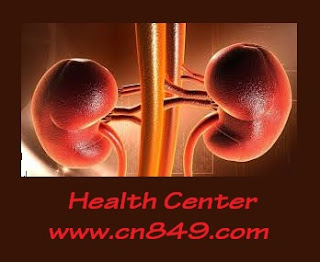Acute Glomerulonephritis
 |
| Acute Glomerulonephritis |
Acute Glomerulonephritis
Refers to inflammation of the kidneys caused by an antigen-antibody reaction following an infection in some part of the body. it is a predominantly a disease of childhood and is the most common type of nephritis in children.
Aetiology:
It is a sequel of group A beta-hemolytic streptococcal infection.Incidence: most common in preschool and early school age groups 5-10 years rare in children under 3 years of age.
Altered physiology:
- The organism responsible for nephritis contain antigens similar to those of the basement membrane of the renal glomeruli.- Antibodies produced to fight the invading organism also react against the glomerular tissue, forming an immune complex become trapped in the glomerular loop and cause an inflammatory reaction in the affected glomeruli.
Clinical manifestation:
- Onset usually 1-3 weeks after the initial streptococcal infection.- Urinary changes: hematuria, urine may be bloody, smoky or brown in colour, oliguria.
- Oedema: usually mild, often manifested by periorbital oedema in the morning oedema may appear only as rapid weight gain.
- Hypertension: present in 60-70% of patients. severe hypertension may develop rapidly over a period of few hours, therefore frequent measurement of the blood pressure must be made in the first few days of the disease.
- Malaise, headache, low-grade fever, anorexia and vomiting.
Diagnostic evaluation:
1- urinalysis:
- Specific gravity usually high, gross hematuria.- Mild to moderate proteinuria.
- Decreased urinary output.
2- blood:
- Urea and Creatinine often mildly to moderately elevated.- ESR is elevated.
- ASOT is usually elevated.
- Renal function is normal in 50 % of patients.
Complications:
1- hypertensive encephalopathy.2- congestive heart failure.
3- uremia.
4- anaemia.
Treatment:
1- Hospitalization and daily weight, urine output, urinalysis and more frequent measuring of blood pressure.2- Bed rest during the acute phase.
3- Dietary restriction: fluid amount should be equal to 24 hours urinary output salt restriction, low potassium diet, low protein diet.
4- Drug therapy: 10 days penicillin and hydralazine to treat hypertension.
READ MORE:
Diarrhea
Imperforate Anus
Nephrotic Syndrome

Post A Comment:
0 comments so far,add yours